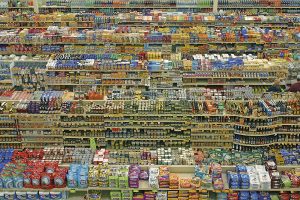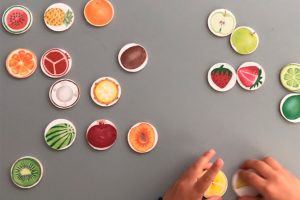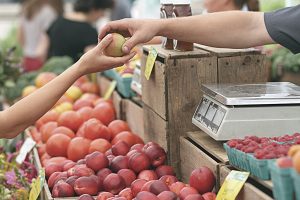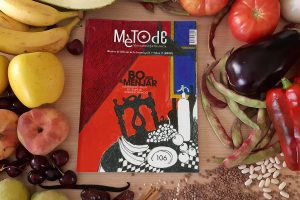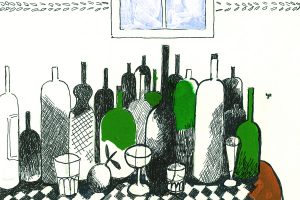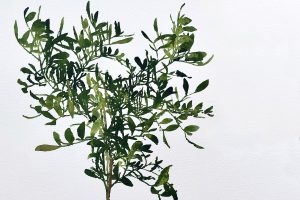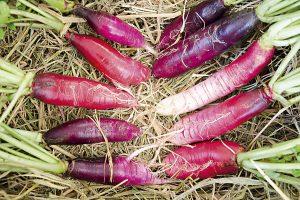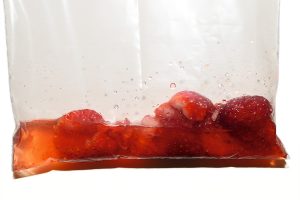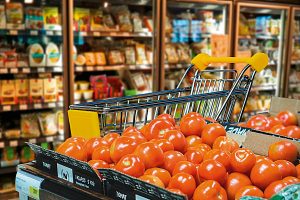Search
Thanks to food safety, diseases such as typhus and cholera have virtually disappeared.
Foods that are rich in fats and sugars are pleasurable because they stimulate our reward circuits, the same circuits that are activated by drugs. In a context in which unhealthy diets and drug abuse are common from adolescence, it is important to investigate their consequences.
For guidelines to be useful, they must consider cultural, anthropological, educational, social, and economic factors, as well as the usual diet of the target society.
There is a widespread misconception, mainly due to perverse agnogenic practices, that nutrition is hard and confusing, that we do not really know what to eat and that health professionals cannot agree.
The monograph, coordinated by Gonzalo Casino and Montserrat Rabasa, delves into the relationships between food, society and health
Growing concern for health has fuelled interest in the relationship between diet and disease prevention. But despite the remarkable scientific advances, there are still many unanswered questions, and many evidence-based messages do not reach the population and are lost in a sea of misinformation and half-truths.
This monograph analyses the possibility of cultivating plants outside our planet Earth; presents advances in genome editing such as those that have allowed my laboratory to obtain seedless tomatoes; assesses strategies that should lead to more plentiful harvests using fewer resources; and explains biotechnological strategies to strengthen plants’ immune systems or to use them as biofactories in which we can harvest molecules of health or nutrition interest. Will that be enough? Will we make it in time?
Enjoy red radishes: we look for some seeds among friends and make room for them in out garden so we can have them almost at any time of the year.
Can we communicate science rigorously and still make an eager audience have a good time? The answer can be found in museums and botanical gardens, the places from where we try to spread the word in a fun and entertaining way.
We have to resort to less comfortable and more tangled phrases such as raw material or unprocessed product, because we run the risk that the next time we tell our patients to eat «natural products», they end up buying broth, refined bread or juice.


